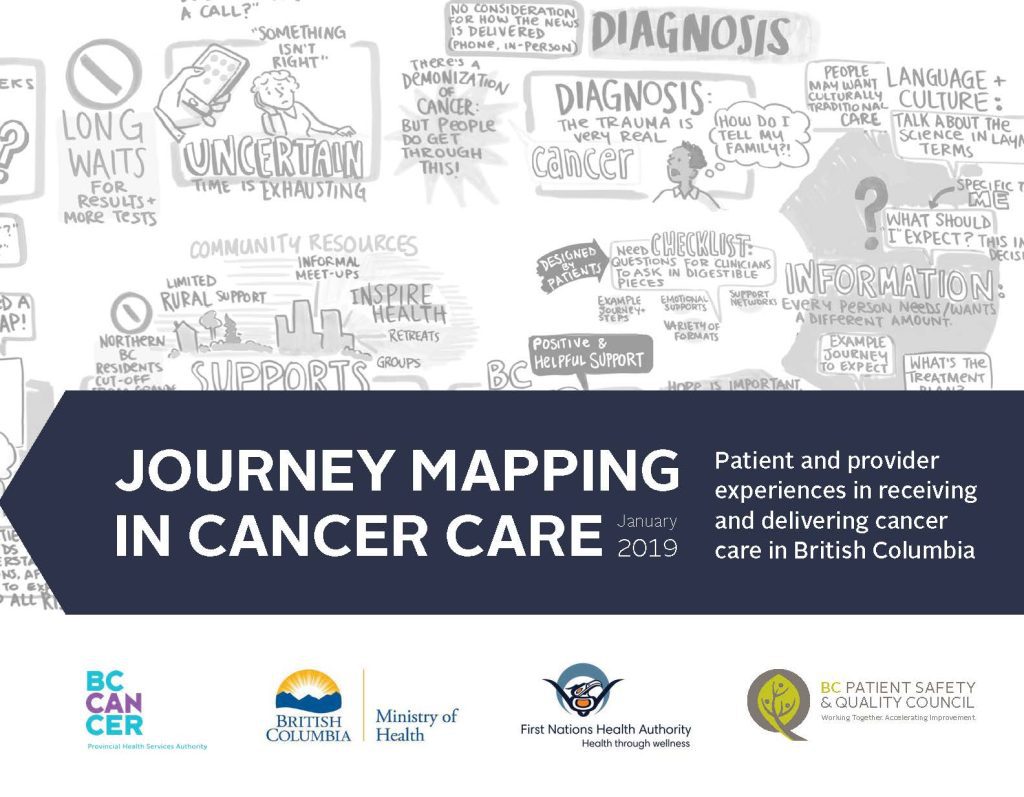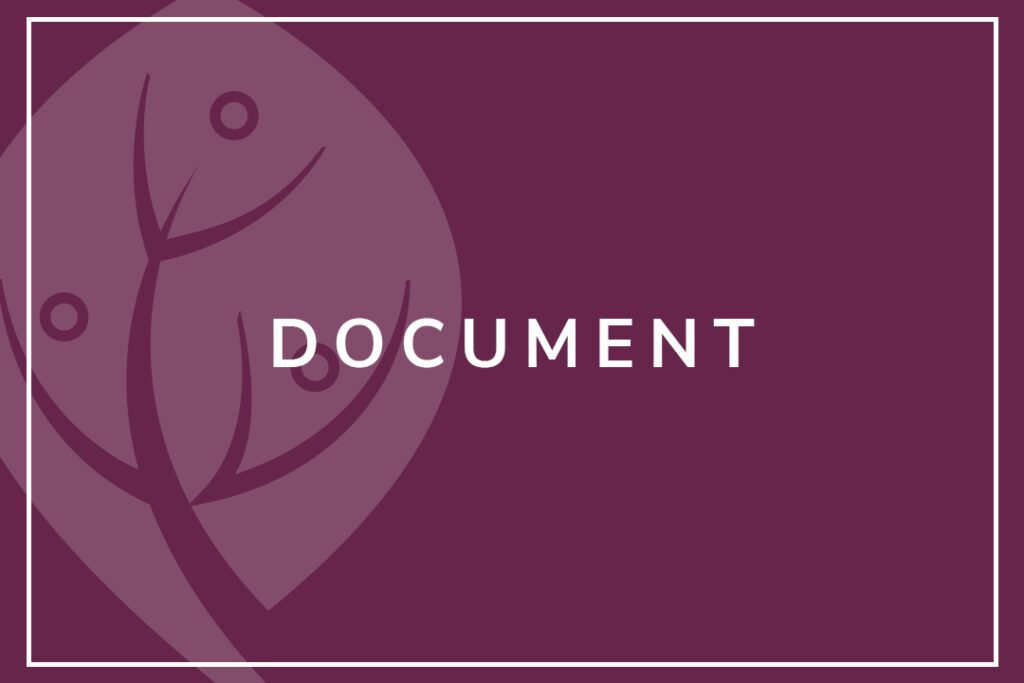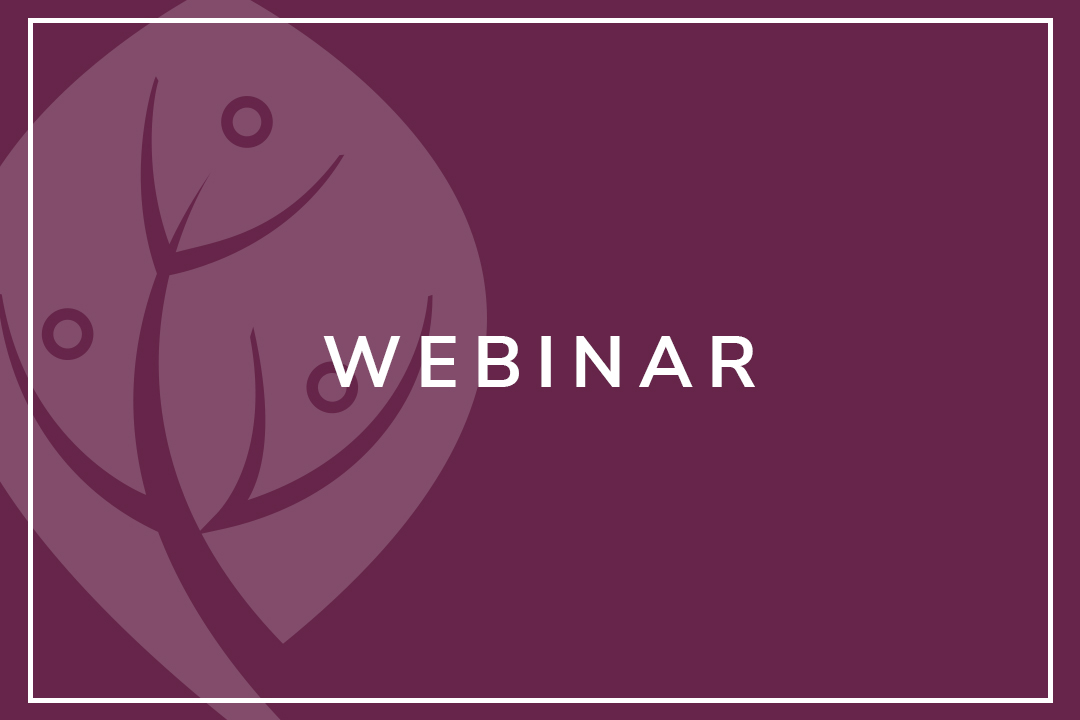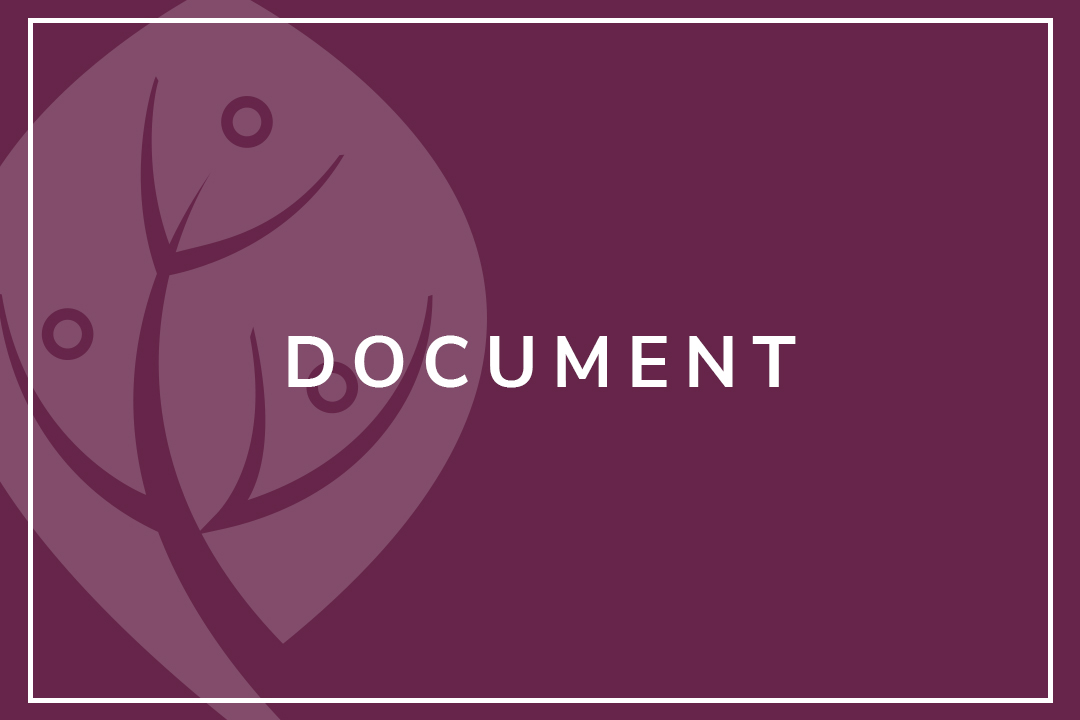Cancer is the leading cause of death in Canada and, with cancer rates rising, the health care system is under continual pressure to provide high-quality care to rising numbers of patients. To support patients and their families in receiving whole-person cancer care, the system requires a deep understanding of what matters to patients in their care and how the current system is experienced by patients.
In summer 2018, the Council received a request from the Ministry of Health to help inform whole-person cancer care and improve transitions for persons receiving cancer treatment in British Columbia. In partnership with BC Cancer and the First Nations Health Authority, three journey mapping sessions were held in October and November to gather information from patients, family members and providers.
The goals of the sessions were to inform whole-person cancer care throughout the entire care experience and improve transitions for patients receiving cancer treatment in British Columbia.
Journey Mapping in Cancer Care Maps
To support patients and their families in receiving whole-person cancer care, the system requires a deep understanding of what matters to patients in their care and how the current system is experienced by patients. Patient journey mapping is an effective way to explore and capture the emotional, mental and social experiences of individuals and groups interacting with a complex system.
In a recent project undertaken by the Council, First Nations Health Authority and BC Cancer, three journey mapping sessions were held with adult patients, families and health care providers. Eight themes emerged which were consistent across maps and highlight gaps, barriers and opportunities for improvement within the system, which can be found in the Journey Mapping in Cancer Care Report.
High-resolution versions of the maps are available for download below.





